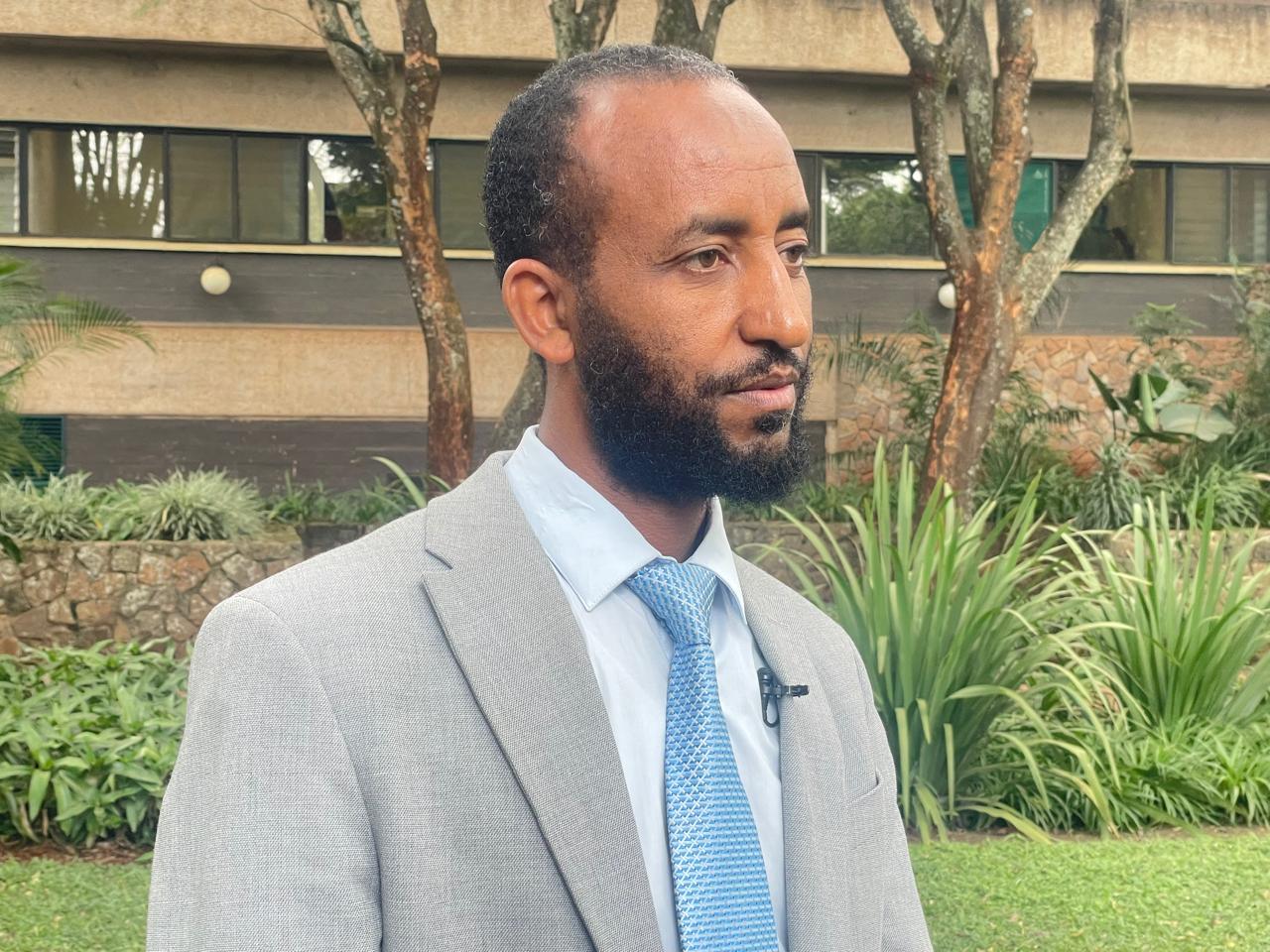

Forty-five heads will in September grace the second edition of the Africa Climate Summit in Ethiopia.
Ministry of Planning and Development communication and media committee chairman Mensur Nuri said the summit will provide African and global leaders a platform to come together and make actionable climate dialogue and showcase proven African-led solutions.
“African solutions should be showcased and also be brought on board so that they will be recognised by all and also at an international level,” Nuri said.
Ethiopia will host the Second Africa Climate Summit (ACS2) convened by the African Union Commission (AUC) in Addis Ababa from September 8-10.
The summit will be preceded by pre-summit events from September 5-7.
Nuri said his country will build on the successes achieved during the inaugural climate summit that was held in Nairobi.
In 2023, Kenya hosted the inaugural Africa Climate Summit.
The summit organised in partnership with the African Union took place from September 4 to 6 at the Kenyatta International Convention Centre.
The 2023 summit was themed ‘Driving green growth and climate finance solutions for Africa and the world’.
He said the money, together with Sh3 billion of county own-resource allocations, will finance local climate action.
"Africa must channel adequate resources through investment and implement appropriate technologies to unleash the full potential of its clean and green natural resources," Ruto said.
The declaration was the agreement that African leaders had come up with regarding climate action, climate financing and how the continent plans to tackle each climate problem.
In a draft of the Nairobi declaration, the African leaders urged the global community to act with urgency in reducing emissions, fulfilling its obligations and keeping past promises.
“We call upon the global community to accelerate all efforts to reduce emissions to align with goals outlined in the Paris Agreement and to honour the commitment to provide $100 billion in annual climate finance, as promised 14 years ago at the Copenhagen conference,” the declaration draft stated.
Nuri said Ethiopia will use the summit to showcase its green legacy initiative, a move that seeks to foster the country’s sustainable development by planting seedlings in urban and rural landscapes to improve socio-economic well-being and ecological resilience.
Launched in June 2019, the Government of Ethiopia’s Green Legacy Initiative has undertaken concrete actions to respond to the ever-increasing impacts of climate change.
The country had plans to plant 20 billion seedlings across the country, a target that had been surpassed by the fourth year after 25 billion seedlings were planted as a result of the mobilisation of more than 20 million citizens nationwide.
The initiative has also contributed to job creation, with more than 767,000 jobs generated, particularly benefiting women and youth.
With more than 120,000 nurseries established across the country, the programme continues to thrive.
In 2023 alone, five million indigenous seedlings were planted and plans were underway to plant an additional 600 million seedlings in 2024.







![[PHOTOS] Betty Bayo laid to rest in Kiambu](/_next/image?url=https%3A%2F%2Fcdn.radioafrica.digital%2Fimage%2F2025%2F11%2F3b166e2e-d964-4503-8096-6b954dee1bd0.jpg&w=3840&q=100)








